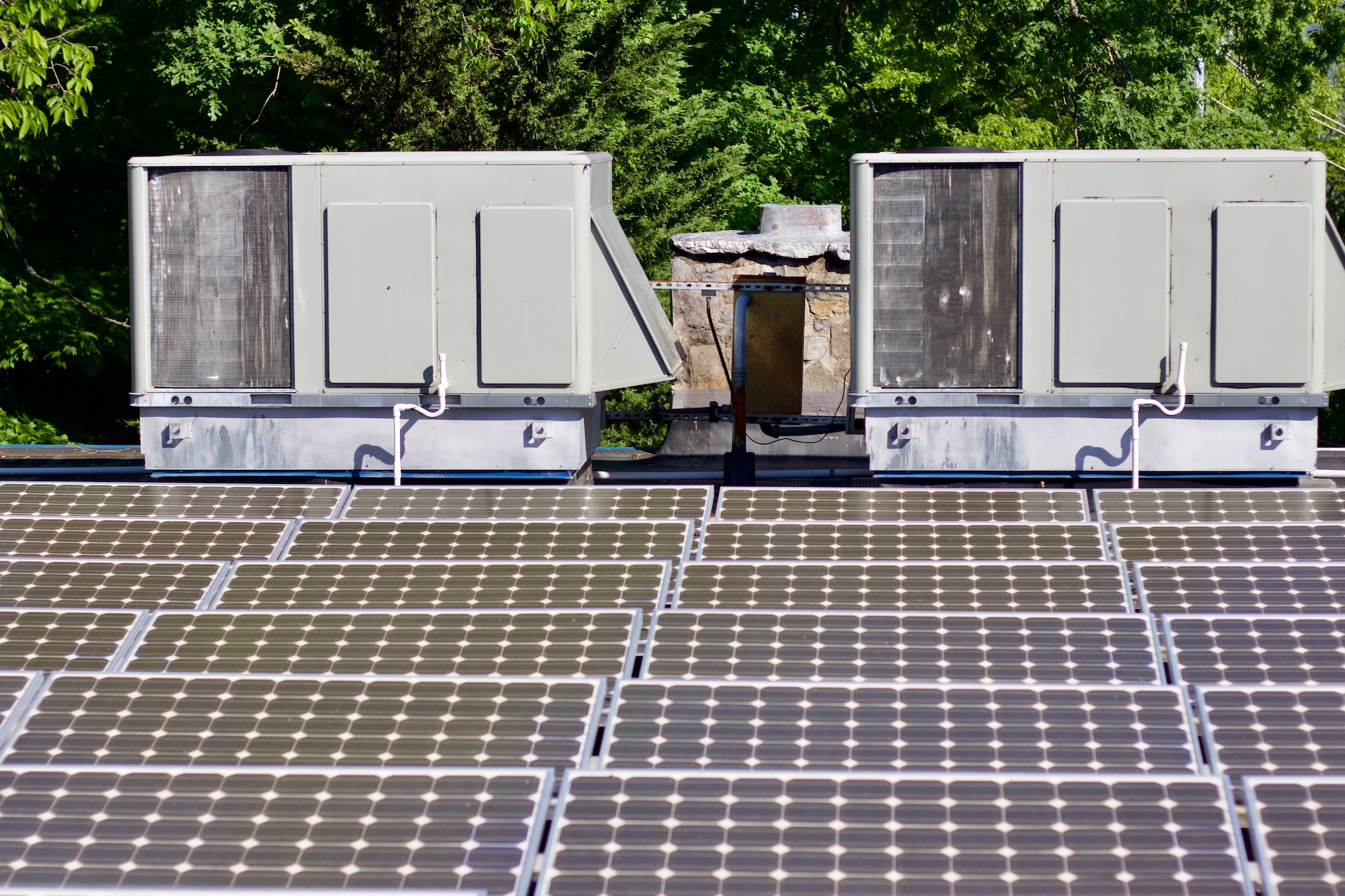Waste not, want not – or so the saying goes. But when it comes to managing our household trash, many of us are guilty of some trashy behavior. From recycling mishaps to compost conundrums, our garbage game could use some serious polishing.
Let’s face it, waste management isn’t exactly a glamorous topic. It’s about as exciting as watching paint dry or grass grow. But fear not, dear reader! We’re about to embark on a rubbish adventure that will have you looking at your trash can in a whole new light. So grab your recycling bin and get ready to dive into the world of waste – it’s going to be a trashy good time!
Before we get to our list of common errors, let’s take a look at how different types of waste break down:
| Waste Type | Time to Decompose |
|---|---|
| Plastic bottle | 450 years |
| Aluminum can | 80-200 years |
| Glass bottle | 1 million years |
| Paper | 2-6 weeks |
| Banana peel | 3-4 weeks |
| Cigarette butt | 1-5 years |
Recent research from the Environmental Protection Agency shows that the average American generates about 4.9 pounds of waste per day. That’s a whopping 1,788.5 pounds per person annually! The study also found that while recycling rates have improved over the past few decades, we still have a long way to go. Only about 32% of municipal solid waste was recycled or composted in 2018. Clearly, there’s room for improvement in our waste management habits.
Now, let’s dive into those 50 common errors in home waste management:
1. Tossing recyclables in the trash
Don’t let those recyclable items go to waste! Make sure you’re properly sorting your recyclables from your regular trash.
2. Not rinsing containers before recycling
Give those jars and bottles a quick rinse before tossing them in the recycling bin. Food residue can contaminate other recyclables.
3. Putting plastic bags in the recycling bin
Most curbside recycling programs don’t accept plastic bags. Take them to a grocery store collection point instead.
4. Throwing away electronics
E-waste contains harmful materials. Take old electronics to a proper recycling facility or participate in manufacturer take-back programs.
5. Flushing medications down the toilet
This can contaminate water supplies. Instead, look for medication take-back programs in your area.
6. Putting greasy pizza boxes in the recycling
The grease contaminates the cardboard. Tear off the clean parts to recycle and compost or trash the greasy bits.
7. Throwing away old clothes
Donate wearable items and look for textile recycling options for worn-out garments.
8. Not composting food scraps
Start a compost bin for fruit and vegetable scraps, coffee grounds, and eggshells to reduce landfill waste.
9. Putting broken glass in the recycling
Broken glass can injure workers and damage equipment. Wrap it carefully and put it in the trash.
10. Tossing batteries in the trash
Batteries contain harmful chemicals. Many stores offer battery recycling drop-off points.
11. Not breaking down cardboard boxes
Flatten those boxes to save space in your recycling bin and make collection easier.
12. Putting shredded paper in the recycling
The small pieces can jam sorting machines. Check with your local program, but many prefer shredded paper to be bagged separately or composted.
13. Recycling items smaller than a credit card
Small items can fall through sorting equipment. Put them in the trash instead.
14. Throwing away used cooking oil
Many communities have cooking oil recycling programs. Never pour it down the drain!
15. Not removing labels from containers
While some programs don’t require label removal, it’s generally best to peel them off when possible.
16. Putting yard waste in the regular trash
Many areas offer separate collection for yard waste or encourage composting.
17. Recycling paper towels and napkins
These items are usually not recyclable due to food contamination. Compost if possible.
18. Putting plastic utensils in the recycling
Most disposable cutlery isn’t recyclable. Consider switching to reusable options.
19. Not emptying aerosol cans completely
Make sure aerosol cans are completely empty before recycling to avoid potential hazards.
20. Throwing away old paint
Many communities have special collection days for paint and other household hazardous waste.
21. Putting recyclables in plastic bags
Most recycling facilities can’t process bagged recyclables. Empty them directly into your bin.
22. Not removing caps from plastic bottles
Check your local guidelines, but many programs now accept caps screwed onto bottles.
23. Recycling dirty diapers
This one should be obvious, but it happens more often than you’d think. Diapers go in the trash!
24. Putting styrofoam in the recycling
Most curbside programs don’t accept styrofoam. Look for special drop-off locations.
25. Throwing away old appliances
Many appliance retailers offer haul-away services for old items when you purchase new ones.
26. Not recycling aluminum foil
Clean aluminum foil can often be recycled. Ball it up to about the size of a fist.
27. Putting receipts in the recycling
Many receipts are printed on thermal paper that contains BPA. These should go in the trash.
28. Recycling light bulbs with regular glass
Different types of light bulbs require special handling. Check with your local waste management for proper disposal.
29. Throwing away old furniture
Consider donating usable furniture or look for bulk waste pickup options in your area.
30. Not removing plastic windows from envelopes
Those little plastic windows in envelopes can gum up the recycling process. Take a moment to tear them out.
31. Putting garden hoses in the recycling
These can tangle up sorting machinery. They belong in the trash.
32. Recycling waxed paper or cardboard
The wax coating makes these items non-recyclable. They should go in the trash.
33. Not emptying and flattening milk cartons
Rinse them out, flatten them, and remove any plastic spouts before recycling.
34. Putting plastic six-pack rings in the recycling
These can entangle wildlife. Cut them up and put them in the trash.
35. Throwing away old eyeglasses
Many opticians and charity organizations collect old glasses for reuse or recycling.
36. Putting ceramic dishes in the glass recycling
Ceramic and glass have different melting points and can’t be recycled together. Donate usable dishes.
37. Not removing staples from papers
While small staples are usually okay, it’s best to remove larger ones before recycling papers.
38. Putting used tissues in the recycling
Used tissues are contaminated and should go in the trash or compost.
39. Recycling plastic straws
Most recycling programs don’t accept straws due to their small size. Consider reusable alternatives.
40. Throwing away old cell phones
Many electronics stores and cell phone providers offer recycling programs for old devices.
41. Putting oily or greasy paper in the recycling
Oil-soaked paper can’t be recycled. It belongs in the trash or compost.
42. Not emptying and rinsing detergent bottles
Give them a good rinse before tossing in the recycling bin.
43. Putting wire hangers in the recycling
These can tangle sorting equipment. Many dry cleaners will take them back.
44. Recycling paper coffee cups
Most disposable coffee cups have a plastic lining that makes them non-recyclable. Use a reusable mug instead!
45. Throwing away old towels and linens
Animal shelters often accept old towels and blankets for bedding.
46. Putting bottle caps loose in the recycling
Small caps can fall through sorting equipment. Either leave them on the bottle or collect them separately.
47. Not removing plastic windows from toy packaging
That clear plastic window on toy packaging isn’t recyclable. Remove it before recycling the cardboard.
48. Putting used paper plates in the recycling
Food-soiled paper plates should go in the trash or compost, not the recycling bin.
49. Throwing away old crayons
There are programs that collect and recycle old crayons into new ones.
50. Not educating yourself about local recycling guidelines
Every community has different rules. Take the time to learn what’s accepted in your area.
As we wrap up our trashy tour of common waste management mistakes, let’s take a moment to reflect on our own habits. Are you guilty of any of these garbage gaffes? Don’t worry, we won’t judge – we’ve all been there, tossing pizza boxes into the recycling bin with reckless abandon.
But here’s the thing: every small change we make can have a big impact. By avoiding these 50 common errors, we’re not just keeping our local sanitation workers happy (though that’s certainly a bonus). We’re taking steps to reduce our environmental footprint, conserve resources, and leave a cleaner planet for future generations.
So the next time you’re about to toss that banana peel in the trash, pause for a moment. Could it be composted instead? When you’re tempted to recycle that greasy takeout container, think twice. And remember, when in doubt, check it out – your local waste management guidelines are just a quick internet search away.
Let’s make waste management less of a ‘waste’ and more of a win for our world. After all, a little effort goes a long way in turning our trash into treasure. Now go forth, armed with your new knowledge, and may your bins be ever sorted and your recycling always clean!
Discover more from Futurist Architecture
Subscribe to get the latest posts sent to your email.




